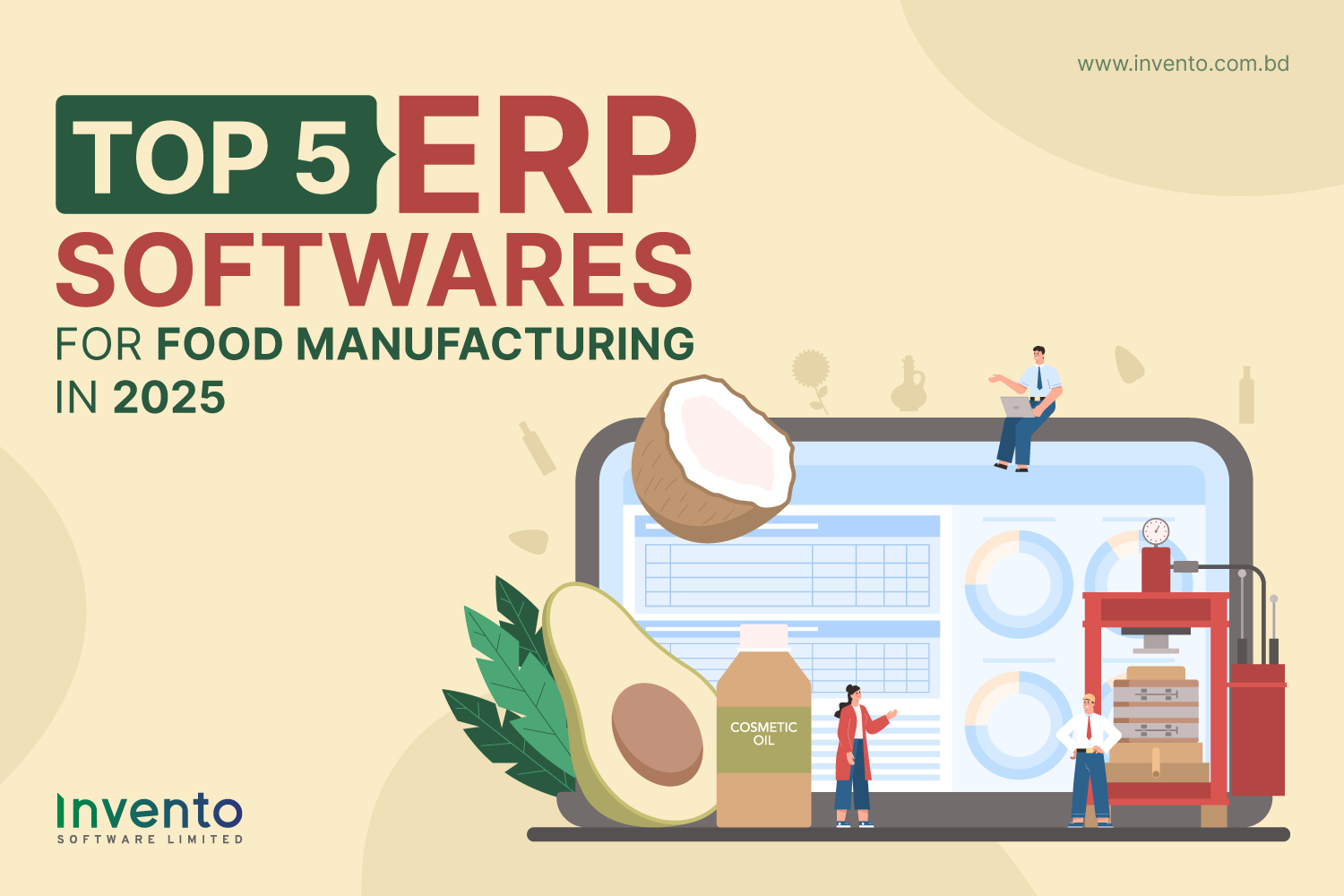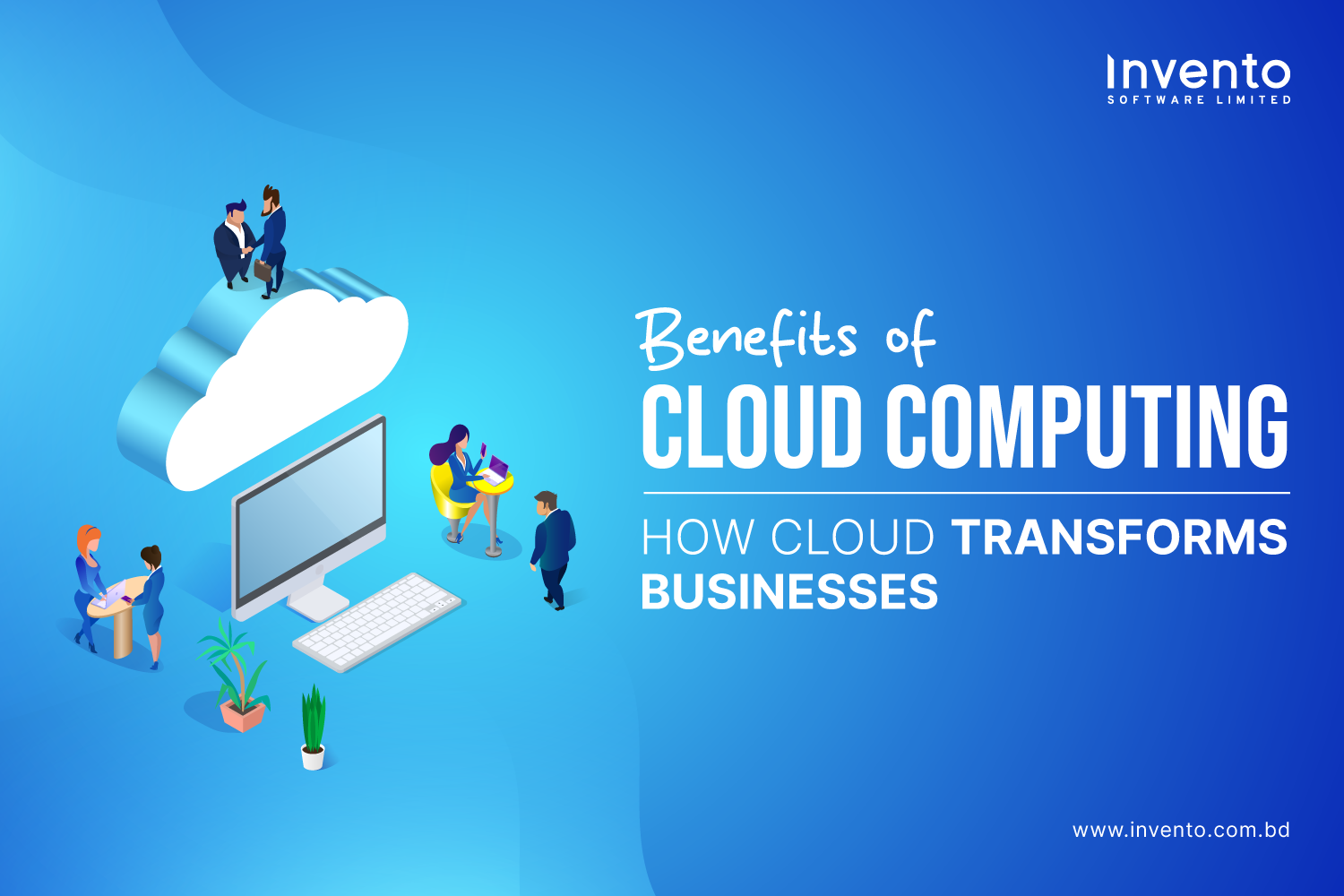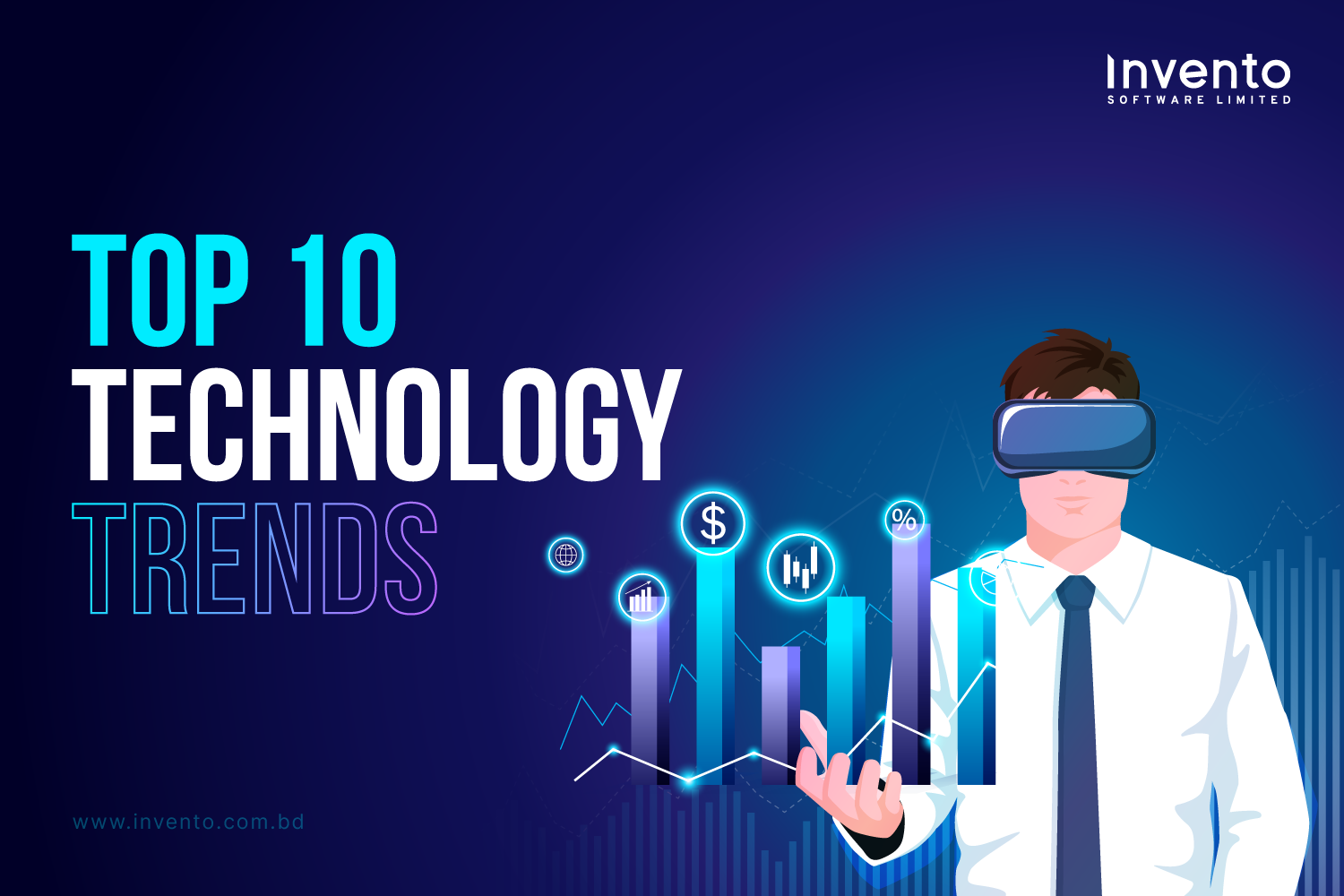For decades now, ERP systems have been an essential part of the technology of the food business. Because Enterprise Resource Planning (ERP) software helps food manufacturers manage food production, quality control, delivery timelines and regulatory requirements under only one system, in a super easy way.
You’ll get a broad overview of how ERP software can help your food business. Also, we’ll explore in this blog post top 5 ERP softwares for food manufacturing that are making a significant impact on food business, recently.
What is an ERP System?
Generally, ERP stands for Enterprise Resource Planning. It refers to a software system that basically is used for business management. Moreover, an ERP system enables food companies to manage and optimize their business processes, (e.g.,) from purchasing, accounting, finance, human relations, and production to logistics. In brief, ERP is the software which keeps your business up and running. Furthermore, ordering raw materials, processing orders, managing and optimizing recipes, billing, production planning, and many more tasks.
Why Do You Need It in Food Production?
Good ERP software doesn’t actually need any third-party software in their key areas. As they are capable enough to supply all departments, the players in a food company get consistent data. But what sounds good in theory is that it ensures fast and efficient processes in practice.
For instance, when a customer order comes in via an online shop or EDI, the system automatically verifies the stock availability. It also notifies the production scheduler and initiates goods picking, without any media disruptions or interruptions.
For manufacturing companies, it’s highly advantageous if their ERP additionally covers the processes in production, thereby taking over the function of a Manufacturing Execution System. These systems are able to capture and process operational data, to improve machine performance or to determine OEE measures. As a result, it uncovers the areas for optimization.
Top 5 ERP Softwares for Food Manufacturing
1. ERP Next
ERPNext offers some essential features that can be incredibly useful in the food manufacturing industry. It offers exceptional flexibility, affordability and is developed with a community driven development mode. The powerful Frappe Framework offers an efficient structure that enables food manufacturers to manage everything from raw material sourcing to packaging and delivery.
Key Features:
- Batch & lot tracking with expiry date management
- Inventory and warehouse management
- Quality inspection and compliance tools
- Integrated accounting, HR, and CRM
- Customizable workflows and user roles
2. JustFood ERP (by Aptean)
Best for: If you’ve a small to medium-sized food production
JustFood ERP is another Aptean product that is designed specifically for small to mid-sized food companies in mind. It’s built on Microsoft Dynamics. It additionally integrates seamlessly with other Microsoft tools and aids in managing production, food safety, and distribution with ease.
Key Features:
- Allergen and nutrition labeling
- Quality control and HACCP management
- Lot tracking and recall management
- Inventory and warehouse automation
Why It Stands Out:
It stands out because of its user-friendly interface and Microsoft integration that makes it absolutely perfect for companies that are already using Microsoft 365 tools.
3. Infor CloudSuite Food & Beverage
Best for: If your focus is on large enterprises with complex supply chains
Infor CloudSuite Food & Beverage is the next cloud-based ERP which is a good fit for food and beverage manufacturers. It supports global operations, multi-plant production, and strict compliance standards.
Key Features:
- Advanced forecasting and demand planning
- Real-time analytics and dashboards
- Supply chain optimization
- Integrated quality management
Why It Stands Out:
It always offers enterprise-level scalability with AI-driven analytics and is perfect for large manufacturers with multiple production sites.
4. Microsoft Dynamics 365 for Food Manufacturing
Best for: Customizable ERP
Microsoft Dynamics 365 is known as a flexible cloud ERP which can be customized for food manufacturing, using third-party extensions and integrations. It helps financials, operations, sales, and CRM in a single ecosystem.
Key Features:
- Custom workflows for food processing
- Integrated finance and operations
- AI-based supply chain insights
- Cloud scalability with Microsoft Azure
Why It Stands Out:
The versatility and global support from Microsoft make it a reliable choice for you to grow food manufacturing with sufficient needs.
5. BatchMaster ERP for Food Manufacturing
Best for: Formula-based food production and manufacturing
BatchMaster ERP is specifically designed for process manufacturing industries such as food, nutraceuticals, and chemicals. It can simplify batch production, compliance, and R&D for food industries.
Key Features:
- Recipe formulation and cost analysis
- FDA, USDA, FSMA compliance tools
- Nutritional analysis and labeling
- Lot tracking and recall tools
Why It Stands Out:
Its strength depends on formulation and process control to make it suitable for manufacturers with a focus on product development and innovation.
Let’s look at the comparisons of these 5 ERP systems at a glance for easy understanding.
A Comparative Analysis : Top 5 ERP Softwares for Food Manufacturing
| ERP Software | Best For | Key Features | Compliance Support | Scalability | Deployment |
| ERPNext | Small to large food manufacturers looking for open-source flexibility | Financial Accounting, Order Management, HR and Payroll, CRM. Asset Management, and more. | Global Tax Compliance | High | Cloud-based |
| JustFood ERP | Small to mid-sized food producers | Labeling, inventory, quality control | HACCP, FSMA | Moderate | Cloud-based |
| Infor CloudSuite F&B | Global food enterprises | Forecasting, analytics, global supply chain | Global compliance | Enterprise | Cloud-based |
| Microsoft Dynamics 365 | Companies needing customization | Finance + Ops, AI, integrations | Add-on required | Very High | Cloud / Hybrid |
| BatchMaster ERP | Formula-based manufacturers | Recipe mgmt, nutrition labeling, R&D | FDA, USDA, FSMA | High | Cloud / On-premise |
Which ERP Software Should You Choose?
Choosing the right ERP software basically depends on what your company’s size is, then complexity, and specific operational needs.
Here’s a quick guideline to help you decide-
1. When to Choose ERPNext
We’re suggesting ERPNext as the first option in the list only because it is an allrounder software that can serve most industries. It has achieved a great rating on Capterra as it satisfied numerous clients from different industries. For food manufacturing, you can try this software if you want a seamless service.
In simple words, you can choose ERPNext if-
- You are looking for a cost-effective open-source ERP solution that does not tie you to any vendor.
- Your food manufacturing business requirements span across several departments, such as accounting, inventory management, HR stuff, and CRM.
- Being in the food manufacturing business, you absolutely need solid traceability and batch tracking features that actually work.
- You would prefer a system that can be customized specifically to your workflows.
- Deployment flexibility is a biggie for you, whether it is cloud-based or on-premise.
- Your team values a clean and user-friendly interface (who doesn’t?)
- Integrations with tools like Shopify, Amazon, and payment gateways are totally necessary for you, because efficiency matters!
- You are a growing company and want to scale up operations soon, where you’ll need a scalable ERP solution.
- You appreciate having detailed documentation and transparency in development processes because no one likes to feel left in the dark!
2. When to Choose Aptean Food & Beverage ERP
Even though Aptean Food & Beverage ERP doesn’t offer any package or price publicly on their website, considering their extensive list of features you can consider it as a “one stop solution” for the manufacturers from all categories. So, in simple words, you can choose this ERP-
- If you’re a mid to large-sized manufacturer.
- If you prioritize compliance, food safety, and traceability.
Hence, it’s ideal for companies dealing with multiple regulatory bodies and complex supply chains.
3. When to Choose JustFood ERP
JustFood ERP is developed with a core focus on food safety, quality, and compliance maintenance. It offers some convenient functionalities that you can easily utilize to maintain them and ensure every section of your business is running smoothly. You can choose this ESP software-
- When you’re a small to medium-sized business
- When you’re looking for affordable, easy-to-use tools with strong Microsoft Dynamics integration.
It’s perfect for growing companies that want smooth implementation and food-focused features.
4. Apt for Infor CloudSuite Food & Beverage
As Infor CloudSuite Food & Beverage software offers functionality to manage supply chains, helps to reduce waste and bring products to marketing faster, it is a best option when you need to deal with a large setup. On the other hand, compared to other ERP software CloudSuite Food and Beverage ERP offers a good price tag. So-
- If you run a large enterprise with global operations.
- If your company needs AI-powered analytics, and wants to streamline multi-plant production and advanced forecasting.
5. You can choose Microsoft Dynamics 365
As this is a product of Microsoft, if you have a subscription on Microsoft 365, using this ERP for your food manufacturing business could be a great thing. It can manage your business without draining your wallet. In simple words, you can use this ERP-
- If you need a highly customizable ERP system.
- If you want to grow with your business and integrate with a wide range of third-party apps and Microsoft tools.
Final Opinion
After the analysis, choosing the right ERP software is extremely essential for you to optimize food manufacturing processes, ensure compliance, and maintain product quality. The top 5 ERP solutions listed in the blog are all leaders in the food industry, offering features to meet the unique needs and challenges of food production.
Before making a decision, firstly, consider your business size, budget, production complexity, and regulatory needs to find the best fit for food manufacturing.
Related Resource: Future of ERP in the Age of AI in 2025







